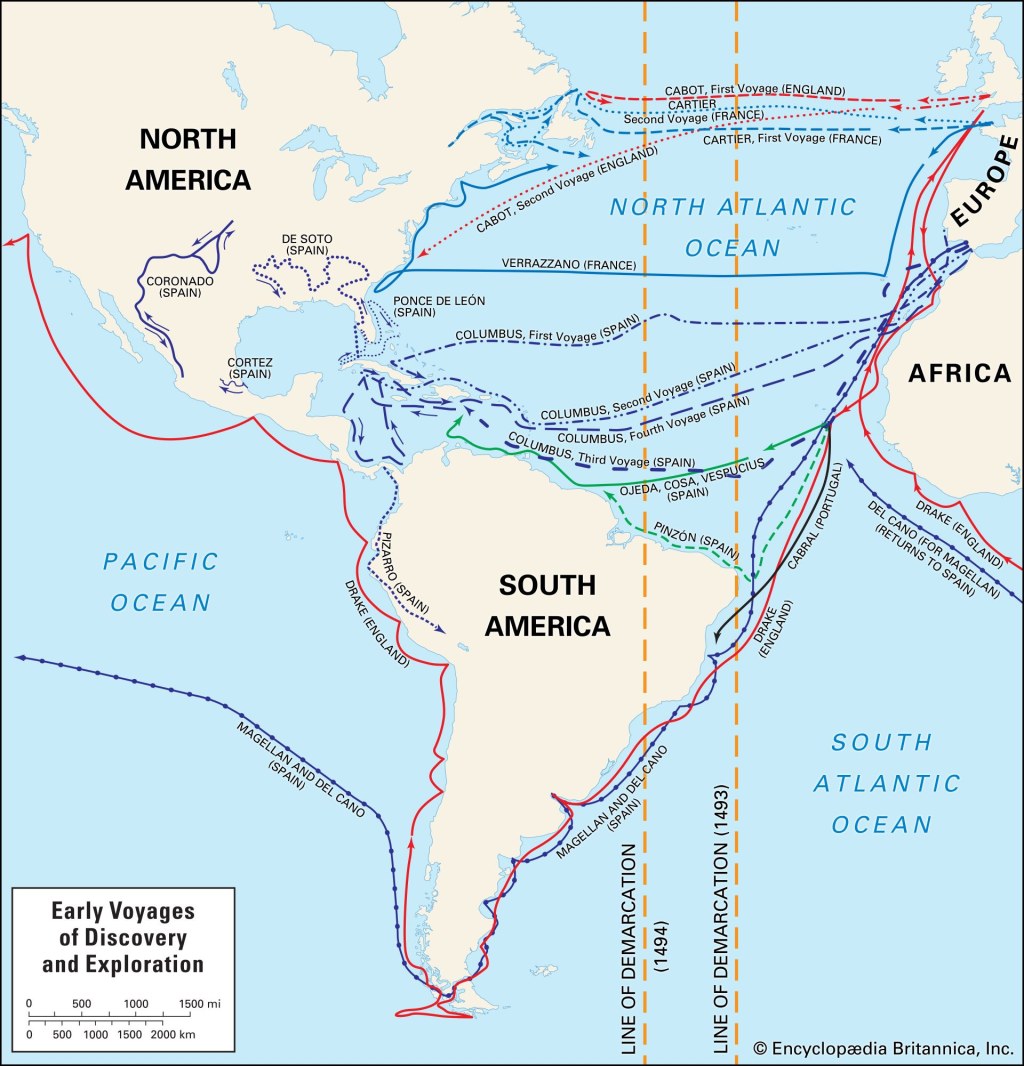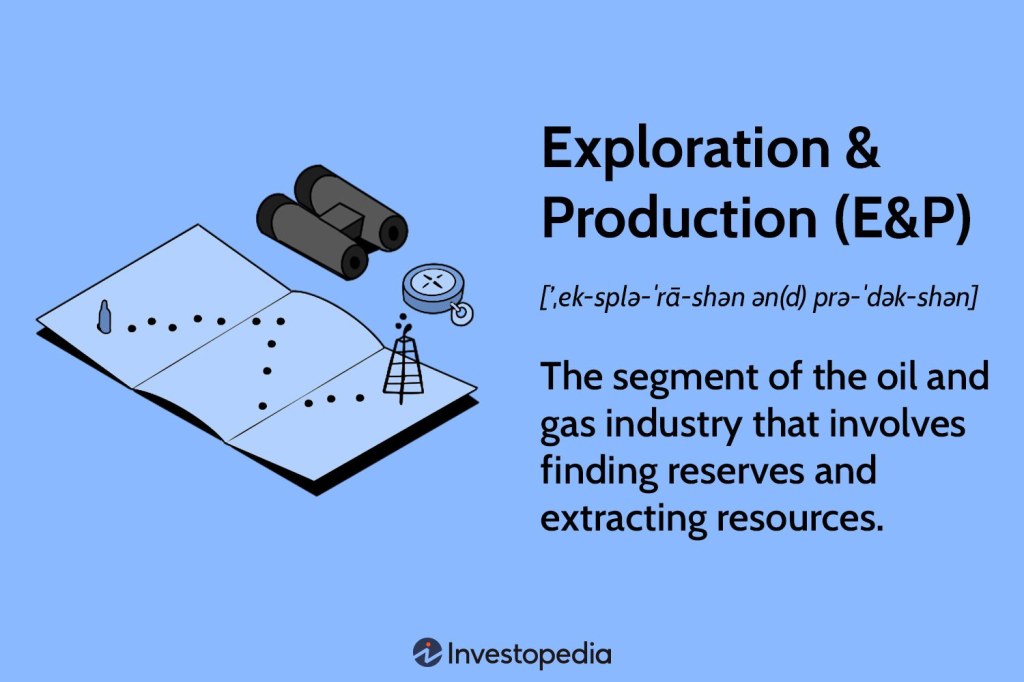Unveiling The Full Scope Of Natural Exploration: A Definitive Guide
Natural Exploration Definition: Unveiling the Wonders of the Natural World
Introduction
Dear Readers,
Welcome to an exciting journey through the realm of natural exploration! In this article, we will delve into the definition, importance, advantages, and disadvantages of natural exploration, as well as answer frequently asked questions about this captivating topic. So, fasten your seatbelts and get ready to uncover the wonders of the natural world!
3 Picture Gallery: Unveiling The Full Scope Of Natural Exploration: A Definitive Guide



What is Natural Exploration? 🌿
At its core, natural exploration refers to the process of discovering and understanding the various aspects of the natural world. It involves exploring uncharted territories, observing flora and fauna, studying geological formations, and unraveling the secrets of our planet. Natural exploration encompasses diverse disciplines, including biology, geology, ecology, and anthropology, among others.
Who are Natural Explorers? 🌍

Image Source: britannica.com
Natural explorers are individuals who are passionate about uncovering the mysteries of nature. They can be scientists, adventurers, photographers, or simply curious individuals driven by a deep fascination for the natural world. These explorers embark on expeditions to remote locations, conduct field research, and document their findings to contribute to our collective knowledge and understanding of the Earth.
When Did Natural Exploration Begin? 📅
Natural exploration has been an innate human endeavor since the dawn of civilization. From ancient civilizations like the Egyptians and Greeks, who studied astronomy and botany, to the explorers of the Renaissance who voyaged across oceans in search of new lands, humans have always sought to explore and understand the world around them. Today, natural exploration continues to evolve with advancements in technology and our growing awareness of environmental issues.
Where Does Natural Exploration Take Place? 🌎
Natural exploration knows no boundaries and can occur anywhere on Earth. From the depths of the oceans to the highest peaks of the mountains, from dense jungles to barren deserts, every corner of our planet offers a unique opportunity for exploration. Whether it’s studying marine life in the Great Barrier Reef or investigating geological formations in the Grand Canyon, natural exploration takes us to some of the most breathtaking locations on Earth.

Image Source: britannica.com
Why is Natural Exploration Important? 🌱
Natural exploration plays a pivotal role in expanding our knowledge of the natural world and its interconnectedness. It helps us understand the delicate balance of ecosystems, discover new species, and uncover scientific breakthroughs that can contribute to advancements in medicine, technology, and conservation. Additionally, natural exploration fosters a sense of wonder and appreciation for the beauty and diversity of our planet, inspiring future generations to protect and preserve it.
How Does Natural Exploration Work? 🧭
Natural exploration involves meticulous planning, research, and execution. Explorers often collaborate with scientific institutions, use specialized equipment, and engage in rigorous data collection and analysis. They apply various methodologies such as field surveys, remote sensing techniques, and DNA analysis to gather information about the natural world. Through their findings, natural explorers contribute to scientific knowledge, inform conservation efforts, and inspire others to develop a deeper connection with nature.
The Advantages and Disadvantages of Natural Exploration
Just like any endeavor, natural exploration has its advantages and disadvantages. Let’s explore both sides of the coin:

Image Source: investopedia.com
Advantages of Natural Exploration
Discovery of new species: Natural explorers often stumble upon previously unknown species, contributing to our understanding of biodiversity.
Environmental conservation: Through their research, natural explorers raise awareness about the importance of protecting fragile ecosystems and endangered species.
Scientific breakthroughs: Natural exploration has led to significant scientific discoveries, such as the identification of new medicinal plants or the understanding of climate change patterns.
Promoting eco-tourism: By showcasing the beauty and uniqueness of natural landscapes, exploration inspires eco-tourism, which supports local economies while preserving the environment.
Personal growth and fulfillment: Engaging in natural exploration fosters personal development, self-discovery, and a deeper connection with nature.
Disadvantages of Natural Exploration
Environmental impact: Natural explorers must minimize their ecological footprint to prevent any negative consequences on delicate ecosystems.
Physical dangers: Exploring remote and unknown areas involves inherent risks such as extreme weather conditions, encounters with wildlife, and difficult terrain.
Financial constraints: Funding expeditions and research can be a significant challenge, requiring support from sponsors, grants, or crowdfunding.
Limited accessibility: Some natural habitats are difficult to reach, requiring long and arduous journeys, making exploration inaccessible to many.
Ethical considerations: Natural explorers must navigate ethical dilemmas, such as the impact of their presence on indigenous communities or the collection of specimens.
Frequently Asked Questions About Natural Exploration
Q1: Can anyone become a natural explorer?
A1: Absolutely! Natural exploration is open to anyone with a passion for the natural world. Whether you’re a scientist, photographer, or adventurer, there are various ways to contribute to the field of natural exploration.
Q2: How can I prepare for a natural exploration expedition?
A2: Preparing for a natural exploration expedition involves extensive research, physical training, and obtaining the necessary permits and equipment. Collaborating with experienced explorers or scientific institutions can provide valuable guidance.
Q3: What are some famous natural explorers in history?
A3: Some notable natural explorers include Charles Darwin, Alexander von Humboldt, Jacques Cousteau, Jane Goodall, and David Attenborough. Their contributions have significantly shaped our understanding of the natural world.
Q4: How do natural explorers ensure the safety of indigenous communities they encounter?
A4: Respecting the rights, traditions, and autonomy of indigenous communities is of utmost importance. Natural explorers should collaborate with local communities, seek their consent, and ensure that their activities do not infringe upon their rights or disrupt their way of life.
Q5: How can I contribute to natural exploration without going on expeditions?
A5: There are numerous ways to contribute to natural exploration from home, such as supporting scientific research financially, participating in citizen science projects, or spreading awareness about environmental conservation.
Conclusion: Embrace the Spirit of Natural Exploration
Dear readers, natural exploration offers us an opportunity to reconnect with our roots, appreciate the wonders of our planet, and contribute to scientific knowledge and environmental conservation. Whether you choose to embark on expeditions, engage in local conservation efforts, or simply immerse yourself in the beauty of nature, let us embrace the spirit of exploration and become stewards of our precious Earth.
Let us embark on this extraordinary journey together!
Final Remarks:
In conclusion, natural exploration is a fascinating and essential endeavor that allows us to better understand and appreciate the natural world. However, it is crucial to approach exploration with responsibility, ensuring minimal impact on fragile ecosystems and respecting the rights of indigenous communities. Let us continue to explore, discover, and protect the wonders that nature has bestowed upon us, for the benefit of current and future generations.
This post topic: Planet Adventures


